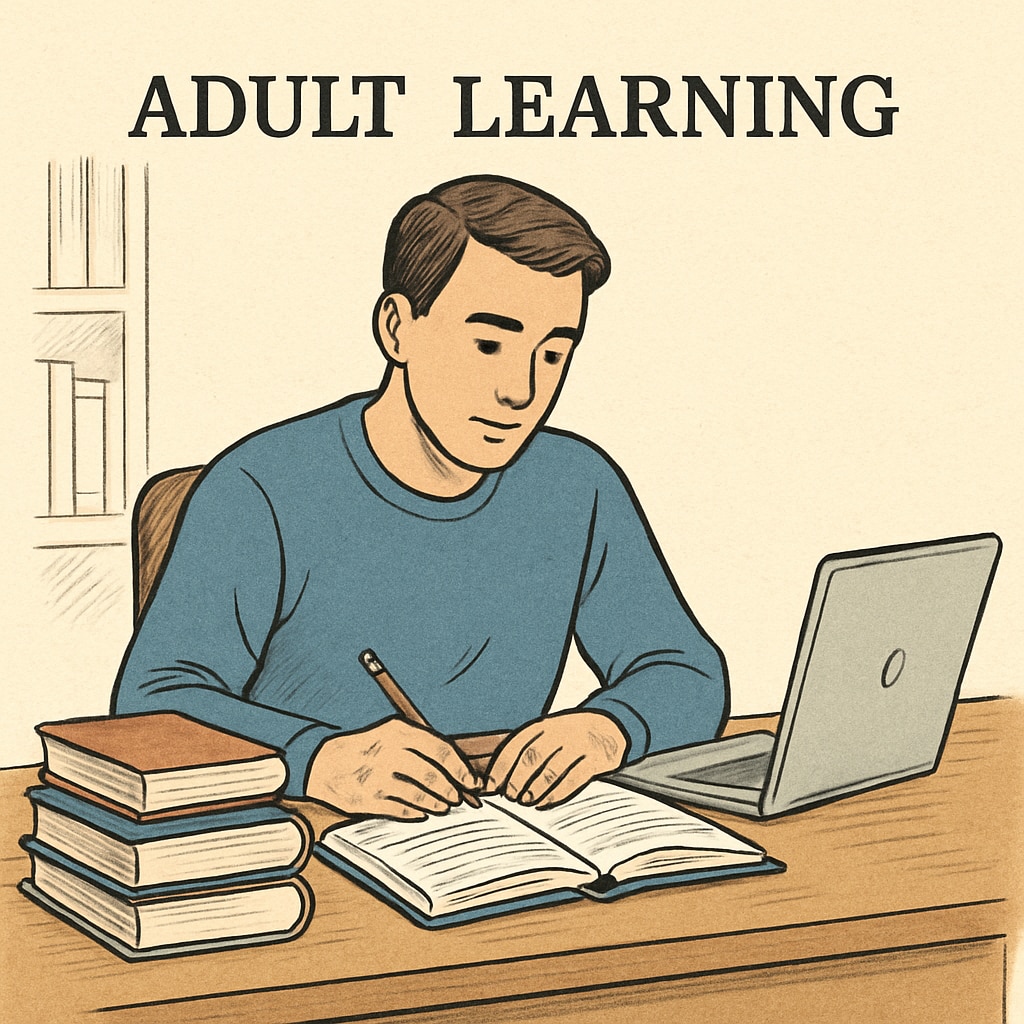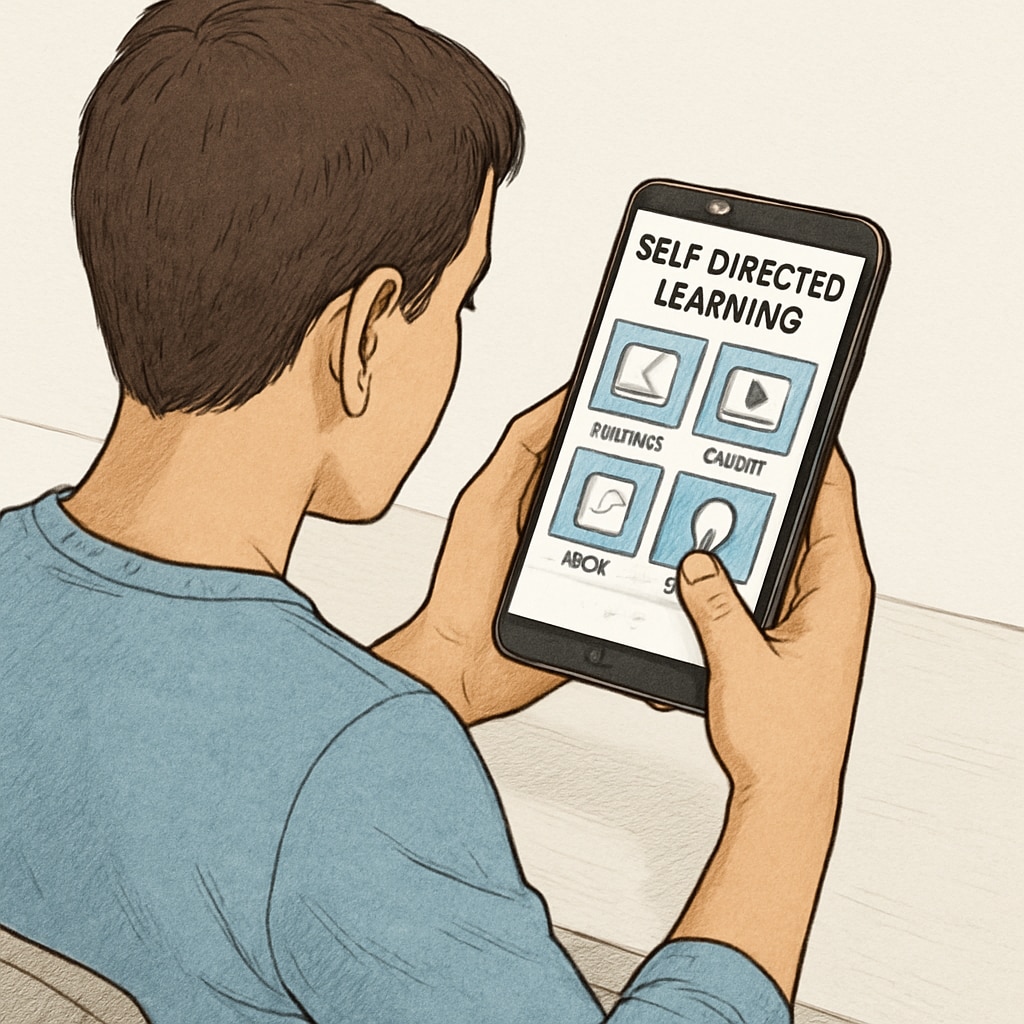Many adults struggle with the lingering effects of early education deficits, particularly in areas like foundational mathematics, grammar, and spelling. These gaps can lead to self-doubt, frustration, and even a sense of inferiority. However, it’s never too late to address these challenges. With the right mindset and practical strategies, you can rebuild your confidence, close knowledge gaps, and rediscover the joy of learning.
Understanding the Impact of Early Education Deficits
Early education deficits can stem from various factors, such as lack of access to quality schooling, family circumstances, or personal challenges during childhood. These gaps often manifest in adulthood as difficulties with tasks requiring foundational knowledge, such as managing finances, writing professional emails, or solving basic math problems. Over time, these struggles can compound feelings of inadequacy, making it even harder to take the first step toward improvement.
It’s important to remember that these deficits are not a reflection of your intelligence or potential. Instead, they highlight areas for growth that can be addressed with determination and the right resources. By understanding the root cause of your challenges, you can begin to develop a plan to overcome them.

Practical Strategies for Filling Foundational Knowledge Gaps
Addressing early education deficits requires a combination of psychological preparation and practical steps. Here are some strategies that can help:
- Set realistic goals: Break your learning objectives into small, manageable steps. For instance, instead of aiming to master all of mathematics, start with basic arithmetic or fractions.
- Use accessible resources: Online platforms like Khan Academy and Coursera offer free or affordable courses on a wide range of topics, from math to language skills.
- Leverage technology: Apps like Duolingo for language learning or Grammarly for improving writing skills can make the process engaging and convenient.
- Find a mentor or study group: Learning with others can provide motivation and support. Consider joining local adult education classes or online forums.
- Practice regularly: Consistency is key. Dedicate a specific time each day or week to focus on learning, even if it’s just 15–30 minutes.
By incorporating these strategies into your routine, you can gradually build a strong foundation in areas you previously struggled with.

Overcoming Self-Doubt and Building Confidence
One of the biggest barriers to addressing early education deficits is self-doubt. Many adults feel embarrassed or ashamed about their gaps in knowledge, which can prevent them from seeking help. Overcoming these feelings is crucial for success.
Here are some tips to rebuild your confidence as you learn:
- Focus on your progress: Celebrate small victories, such as mastering a new concept or completing a lesson.
- Reframe your mindset: Instead of seeing yourself as “lacking,” view yourself as someone who is taking proactive steps to grow.
- Seek positive reinforcement: Surround yourself with supportive people who encourage your efforts and recognize your achievements.
- Be patient with yourself: Learning is a journey, and it’s normal to encounter challenges along the way. Treat setbacks as opportunities to learn, not failures.
By addressing self-doubt and focusing on your progress, you can build the confidence needed to tackle even the most daunting learning challenges.
Conclusion: A Lifelong Journey of Growth
Filling the gaps left by early education deficits is not just about acquiring knowledge—it’s about transforming how you view yourself and your potential. By embracing a growth mindset, using accessible resources, and seeking support, you can overcome these challenges and unlock new opportunities in both your personal and professional life.
Remember, it’s never too late to learn. The most important step is the first one: recognizing the value of your own growth and taking action to achieve it.
Readability guidance: This article uses short paragraphs, lists, and transitions to ensure clarity. The language is accessible, with minimal jargon, and active voice is used throughout to maintain engagement.


